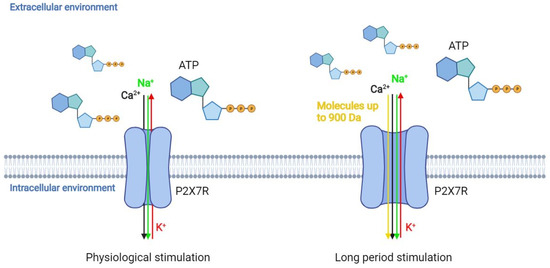Crosstalk between Inflammation and Carcinogenesis
Inflammation is a significant factor to be considered alongside altered innate immune responses and chronic inflammation as triggering events for the oncogenic mechanism, which leads to the cell transformation and tumor.
The multistep carcinogenesis process is also supported by the pro-inflammatory microenvironment of the tumor core. In recent years, together with specific gene mutations, mainly affecting proto-oncogenes and tumor-suppressor genes, epigenetic changes in DNA, including chromatin/histone alteration, microRNA dysregulation, and gene promoter methylation/demethylation modification, have been considered responsible for tumor onset. In turn, tumor cells may induce the inflammatory process.
The understanding of the relationships among inflammation, tumor microenvironment, and cancer cells may improve our knowledge in the oncology field, which may help us to detect new targets with the aim of preventing tumor onset and progression.
Indeed, our armamentarium of anti-cancer therapies, once based on “iron and fire” only, now includes new biological drugs—innovative compounds, including demethylating agents.
Prof. Dr. Mauro Tognon
Dr. John Charles Rotondo
Dr. Fernanda Martini


